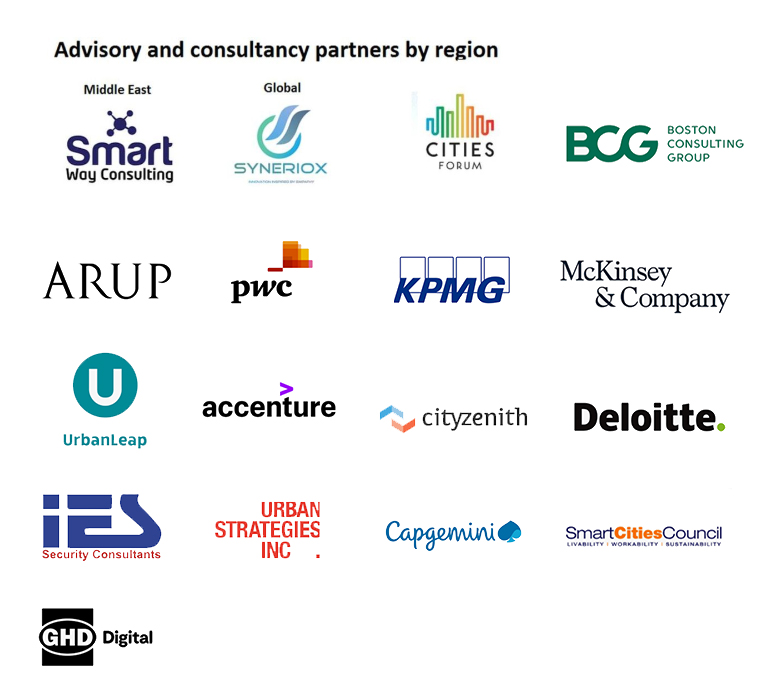Advisory and consultancy services for smart cities can play a crucial role in assisting smaller companies to navigate the complexities and challenges of developing smart city initiatives. Here are some key areas where advisory and consultancy services can support smaller companies in the smart cities space:
Strategic Planning:
Consultants can help smaller companies identify their goals and develop a comprehensive strategy for entering the smart cities market. This includes assessing market opportunities, understanding customer needs, and formulating a roadmap for success.
Technology Selection:
Smart city solutions involve various technologies such as Internet of Things (IoT), data analytics, cloud computing, and more. Advisors can provide insights into the available technologies, evaluate their suitability for specific projects, and guide smaller companies in selecting the right technology stack.
Project Feasibility Assessment:
Consultants can assist in conducting feasibility studies to evaluate the viability and potential return on investment (ROI) of smart city projects. They can analyze the technical, financial, and regulatory aspects of projects, helping smaller companies make informed decisions about resource allocation and risk management.
Partnerships and Collaboration:
Building partnerships is often crucial for smaller companies to access resources, expertise, and funding. Advisory services can help identify potential partners, facilitate collaboration, and support in negotiating mutually beneficial agreements with technology vendors, government bodies, academia, and other relevant stakeholders.
Funding and Grants:
Consultants can help smaller companies navigate the complex landscape of funding options and government grants available for smart city projects. They can assist in preparing business cases, grant applications, and connecting companies with potential investors or funding agencies.
Regulatory and Policy Guidance:
The smart cities domain is subject to various regulations and policies that can impact project implementation. Advisors can provide insights into relevant regulations, help navigate compliance requirements, and guide companies in developing solutions that align with local laws and regulations.
Data Privacy and Security:
Smart city initiatives involve the collection and analysis of vast amounts of data. Consultants can provide guidance on data privacy and security best practices, ensuring compliance with applicable data protection laws and helping smaller companies build robust security measures to safeguard sensitive information.
User-Centric Design:
Effective smart city solutions are built with a user-centric approach, focusing on the needs and experiences of citizens. Advisors can help smaller companies understand user requirements, conduct user research, and design solutions that enhance quality of life, sustainability, and inclusivity within the urban environment.
Evaluation and Performance Monitoring:
Consultants can assist smaller companies in establishing metrics and evaluation frameworks to measure the impact and performance of their smart city projects. This enables continuous improvement, optimization, and reporting to stakeholders.
Knowledge Sharing and Training:
Advisory services can provide training programs, workshops, and knowledge-sharing platforms to enhance the capabilities and expertise of smaller companies in the smart cities space. This empowers them to stay updated with emerging trends and technologies, fostering innovation and growth.
By leveraging advisory and consultancy services, smaller companies can overcome challenges, capitalize on opportunities, and successfully participate in the development of smart cities.









